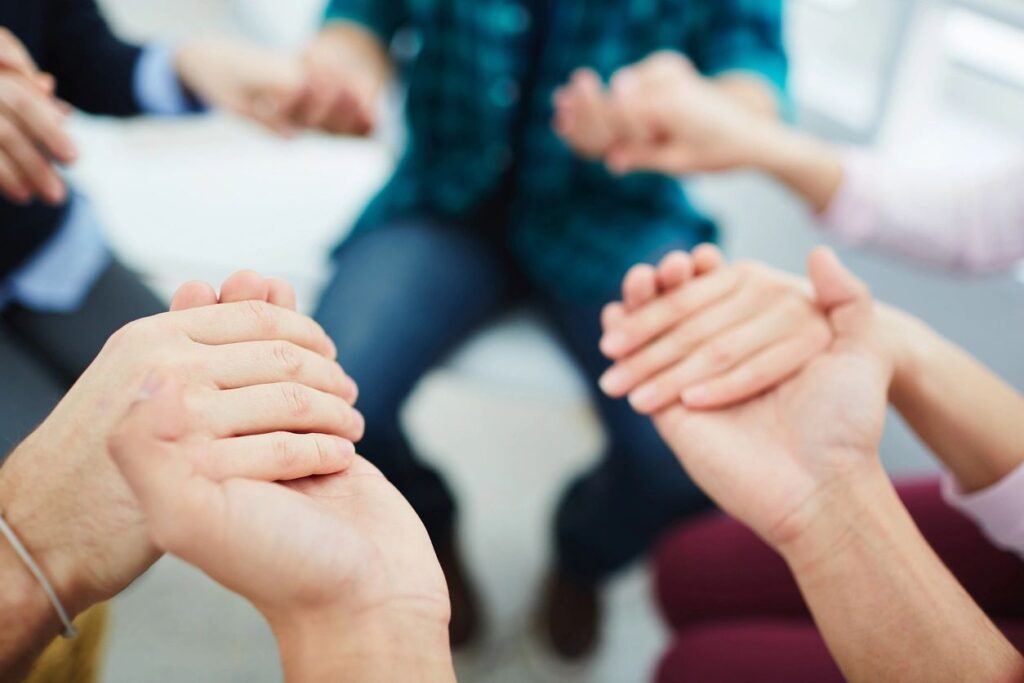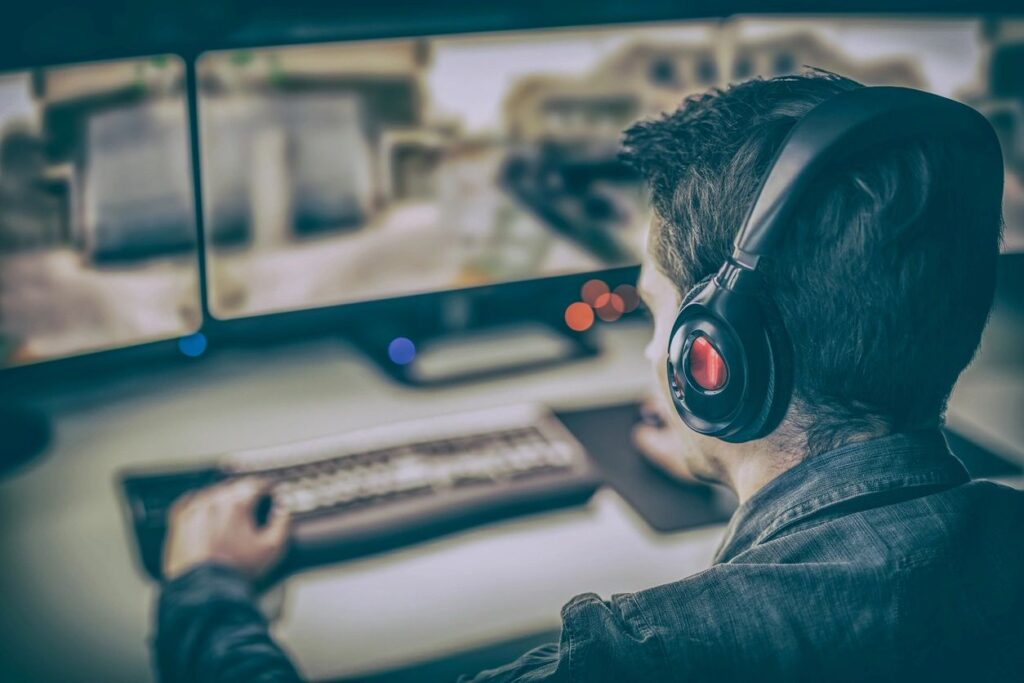Media Psychology & Technology
Why You Shouldn’t Drink and Click
Alcohol is something that doesn’t go with certain activities. Driving is the most obvious example. And it turns out that browsing the internet may be another one. A new paper titled Combined Use of Alcohol and the Internet: Associated Features suggests that people who drink while using the internet are setting themselves up for regrets.…
Read MoreSocial Media Might Kind of Affect Life Satisfaction in Teens
Maybe you’ve heard that social media usage is linked to lower life satisfaction. But what does that mean? There are multiple ways social media and life satisfaction could be “linked”: People with higher life satisfaction use social media less than people with lower life satisfaction People tend to use social media more when they become…
Read MoreWhat Do Internet Addiction and Smoking Have in Common?
No, that question isn’t the beginning of a bad joke. But it could be the beginning of a psychology study. In fact, a team of researchers in China recently did take it as the starting point for a study. In attempting to answer the question, they honed in on one factor that has previously been…
Read MoreAwe, the Unknown and Science
Think of an experience you’ve had that inspires awe – seeing the night sky or a stunning landscape, for example. Part of that feeling is probably a sense of wonder at the vastness, the complexity and the mystery of the universe we live in. On some level, feeling awe is about appreciating how small we…
Read MoreSocial Ostracism Linked to Internet Addiction
To understand people’s online behavior, it’s worth looking at what’s happening in their offline lives. That’s one takeaway from a new study published in the journal Psychiatry Research showing a relationship between social ostracism and internet addiction. Previous research has suggested that social factors play into excessive internet usage. As the authors point out, studies…
Read MoreOnline Interventions Can Lower Stress Response
As far as practical steps you can to take to improve your mental health, you could do worse than learning some new techniques for coping with stress. Stress is something we deal with in multiple parts of our lives, and finding healthy ways to manage stress can lead to real improvements in quality of life.…
Read MoreDark Personality Traits and Internet Usage
It’s a common recognition these days that the internet has a dark side. The anonymity, lack of face-to-face interaction, and low amount of effort required are all a natural fit for the less noble side of human nature. Psychologists researching the relationship between the dark side of the internet and the dark side of the…
Read MoreCan Dying in Virtual Reality Change Your Life?
Many people who have near-death experiences report coming away with a new perspective on their lives. From a scientific standpoint, we don’t know much about how this works because it’s hard to study near-death experiences systematically. To quote the authors of a new study on near-death experiences, “it is impossible to design a scientific study…
Read MoreFacebook Posts Can Predict Depression Risk
We tend to curate our Facebook profiles to control the image we project. But a new study suggests that when it comes to mental health, our Facebook posts might be more revealing than we realize. In the study, researchers in Philadelphia, PA and Stony Brook, NY looked to see if they could identify people with…
Read MoreThe Psychological Toll of Taking a Selfie
Snapping a selfie might seem like the most frivolous, inconsequential act. But on a deeper level, selfies are potentially tied up with questions of how we see our bodies and present ourselves to others. Posting a selfie to social media might be a more emotionally loaded behavior than it seems at first glance, an idea…
Read More







